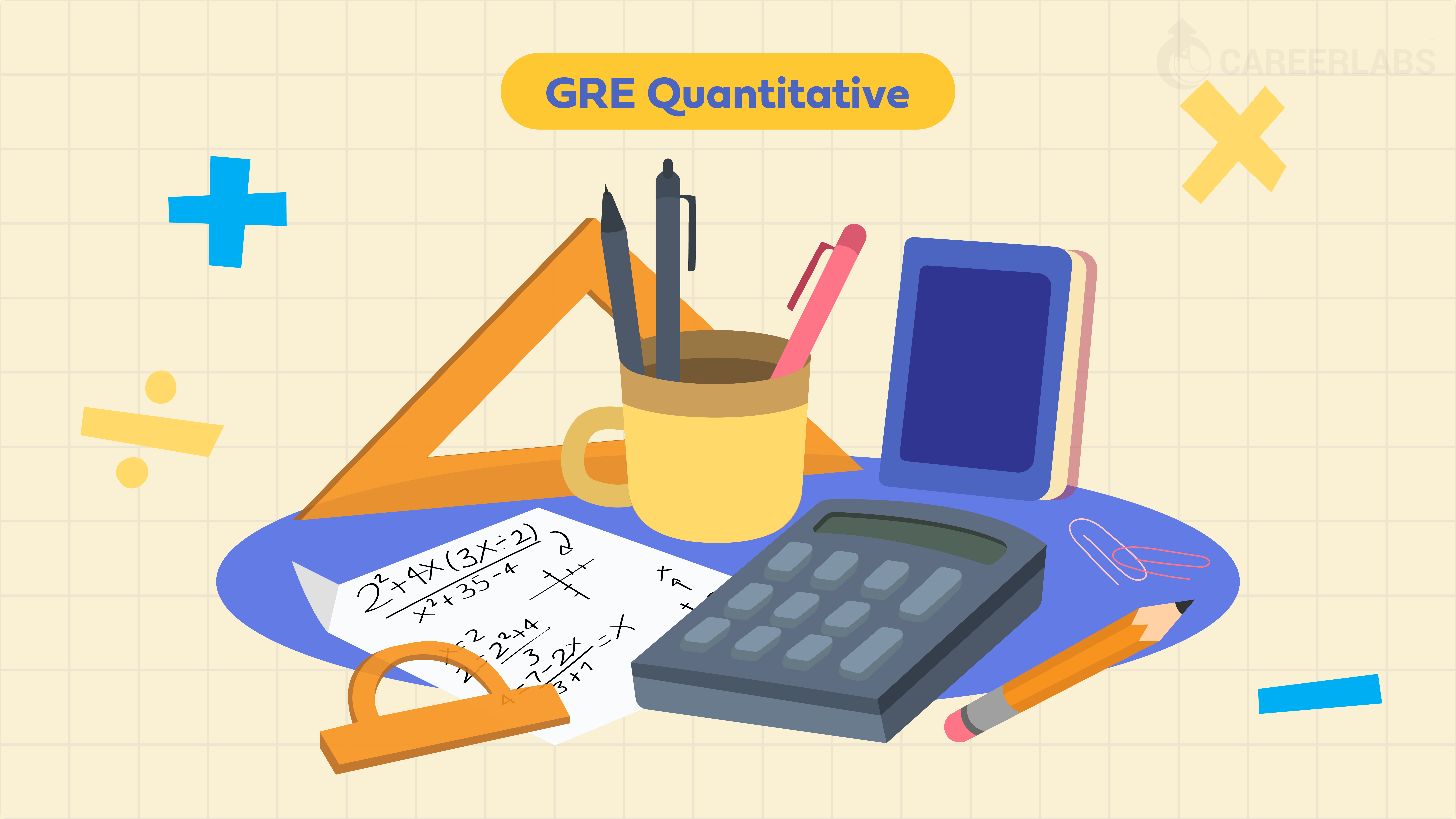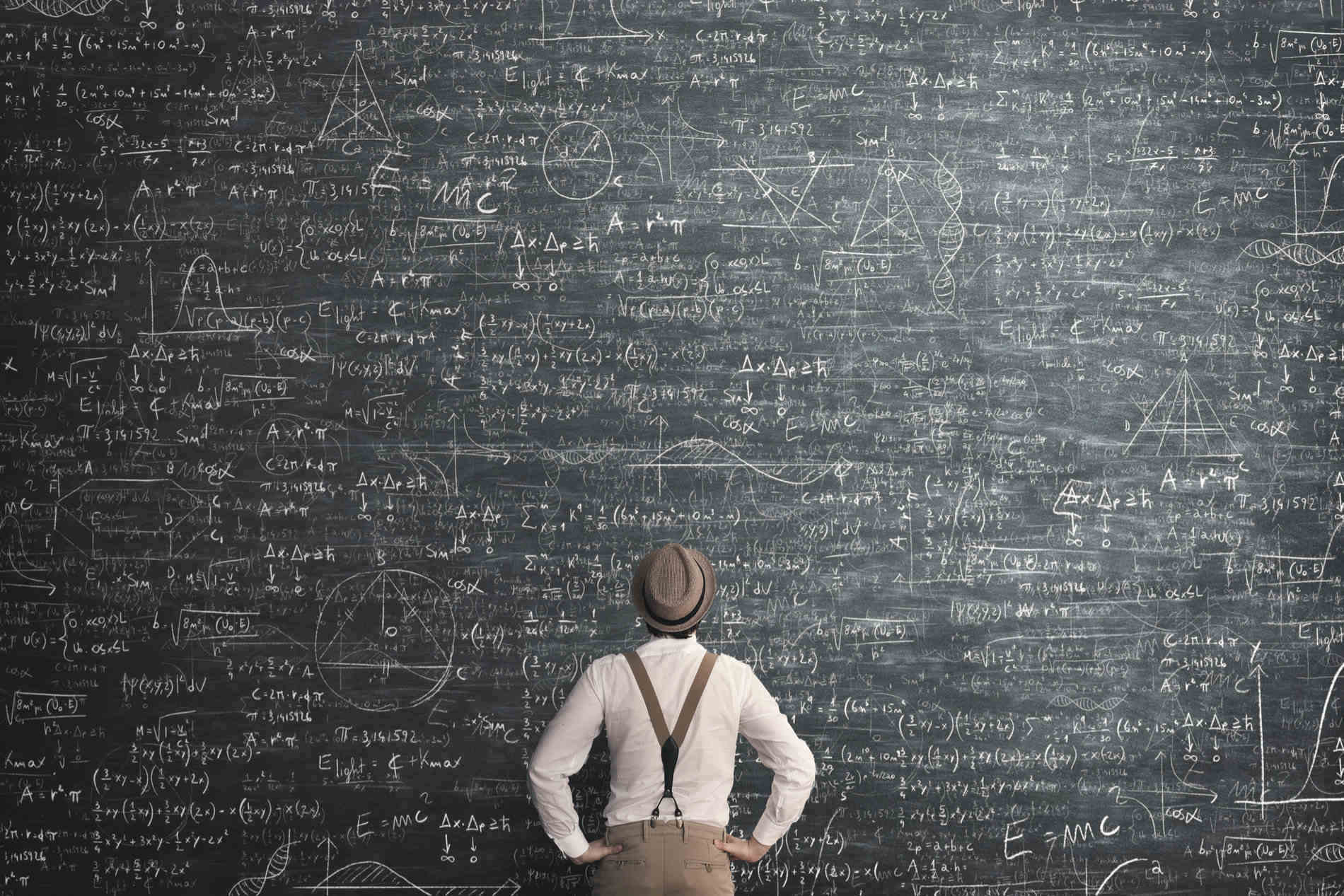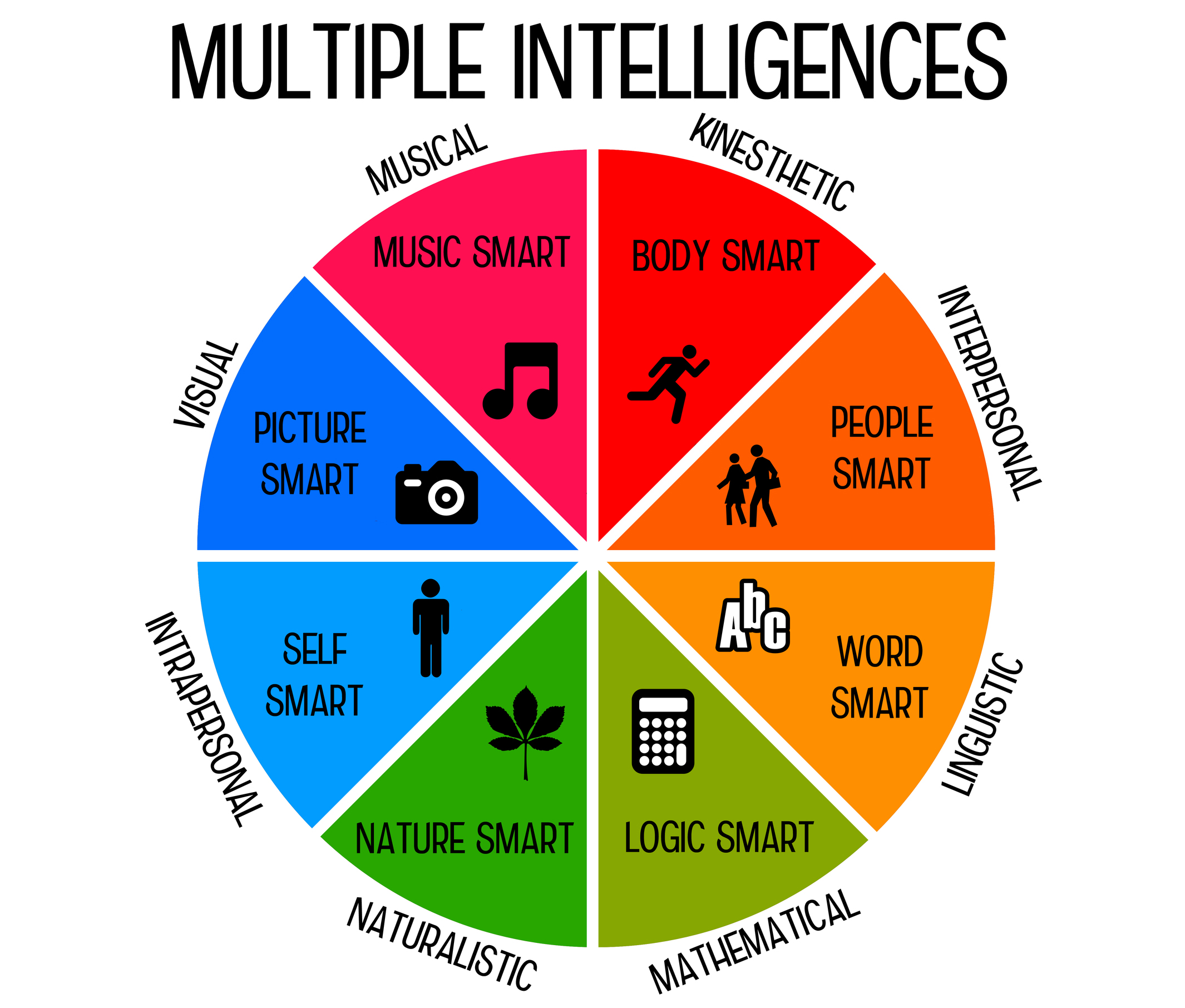Logical-Mathematical Intelligence: Exploring Reasoning And Quantitative Abilities
Do you have a curious mind that thrives on solving puzzles? Can you easily grasp mathematical concepts and find patterns in data? If so, you may possess logical-mathematical intelligence.
Unveiling the Struggles

SOLUTION: Logical mathematical intelligence – Studypool – Source www.studypool.com
Many individuals struggle with logical reasoning and quantitative abilities. They may find it challenging to analyze information, draw connections, or solve problems that require analytical thinking. This can hinder their progress in various fields, from STEM to everyday problem-solving.
Empowering the Mind
![]()
Mathematical intelligence RGB color icon 4841435 Vector Art at Vecteezy – Source www.vecteezy.com
Logical-mathematical intelligence empowers individuals to excel in areas that involve logic, reasoning, and mathematical skills. It plays a vital role in scientific research, engineering, computer programming, and other fields where critical thinking and analytical abilities are essential.
Key Concepts

Algorithm to shape the world we live in – University of Canberra – Source www.canberra.edu.au
Logical-mathematical intelligence involves the ability to:
- Reason logically and draw conclusions
- Solve problems using mathematical principles
- Analyze and interpret data
- Understand and apply abstract concepts
Personal Experience and Exploration

Logical – Source fity.club
Logical-Mathematical Intelligence: A Journey of Reasoning and Quantitative Skills
As a child, I was fascinated by numbers and patterns. I spent hours solving puzzles and playing math games. This early interest laid the foundation for my logical-mathematical intelligence.
Logical-mathematical intelligence is the ability to think logically and solve problems using mathematical principles. It enables individuals to analyze information, draw connections, and apply reasoning skills to real-world situations. This intelligence involves understanding and applying abstract concepts, such as number theory, algebra, and calculus.
History and Myths

NEUROPLASTICIDAD Y SU APRENDIZAJE : BASES DE LA NEUROCIENCIA – Source neurofinaldesi.blogspot.com
The concept of logical-mathematical intelligence has a rich history. Ancient Greek philosophers, such as Aristotle, placed great emphasis on logic and mathematics as essential tools for understanding the world. However, it wasn’t until the 20th century that psychologists began to study this intelligence as a distinct cognitive ability.
One of the most influential theories of logical-mathematical intelligence was proposed by Howard Gardner in his 1983 book, Frames of Mind. Gardner argued that logical-mathematical intelligence is one of nine distinct intelligences that individuals possess.
Hidden Secrets

GRE Quantitative Reasoning | GRE Quant Concepts & Questions – Source thecareerlabs.com
Logical-mathematical intelligence is not just about solving equations or proving theorems. It is also about understanding the underlying patterns and relationships in the world around us. Individuals with high logical-mathematical intelligence are often able to see connections between seemingly unrelated things and develop creative solutions to complex problems.
This intelligence is also essential for scientific inquiry and discovery. It allows scientists to formulate hypotheses, design experiments, and analyze data to uncover the secrets of the natural world.
Recommendations

3 Simple Ways To Level Up Your Logical Mathematical Intelligence – Source blog.mindvalley.com
To enhance logical-mathematical intelligence, individuals can engage in activities that challenge their reasoning and problem-solving skills. These activities may include:
- Solving puzzles and brain teasers
- Playing strategy games
- Taking math and logic courses
- Participating in science fairs and competitions
Benefits and Applications

8 Famous Persons With High Logical-Mathematical Intelligence – Number – Source numberdyslexia.com
Logical-mathematical intelligence has numerous benefits and applications in various fields. Individuals with high logical-mathematical intelligence are often successful in:
- STEM (science, technology, engineering, and mathematics)
- Computer programming
- Engineering
- Medicine
- Finance
- Law
Tips for Improvement

Will High IQ Guarantee Success in MBA Entrance Exams? – PRAQTISE – Source blog.praqtise.com
To improve logical-mathematical intelligence, individuals can:
- Practice solving problems and puzzles
- Study math and logic
- Engage in activities that require critical thinking
- Seek feedback from others to identify areas for improvement
Fun Facts

Gardner’s Theory of Multiple Intelligences | Wordsmart Kids App – Source wordsmart.app
Logical-mathematical intelligence is not fixed and can be developed over time.
Albert Einstein, known for his groundbreaking theories in physics, exhibited exceptional logical-mathematical intelligence.
Individuals with high logical-mathematical intelligence are often good at music and the arts, as these fields also involve pattern recognition and problem-solving.
How to Develop Logical-Mathematical Intelligence
Logical-mathematical intelligence can be developed through various activities, including:
- Playing board games that involve strategy and critical thinking
- Solving puzzles, such as Sudoku and crosswords
- Taking math and logic courses
- Participating in science fairs and competitions
- Reading books and articles about science and mathematics
What If I Lack Logical-Mathematical Intelligence?
Even if you do not naturally possess high logical-mathematical intelligence, you can still develop your skills in this area. By engaging in activities that challenge your thinking and problem-solving abilities, you can improve your logical-mathematical intelligence and enhance your cognitive abilities.
Listicle of Tips for Enhancing Logical-Mathematical Intelligence
1. Practice solving puzzles and brain teasers.
2. Play strategy games like chess or Go.
3. Take math and logic courses.
4. Participate in science fairs and competitions.
5. Read books and articles about science and mathematics.
6. Engage in activities that require critical thinking.
7. Seek feedback from others to identify areas for improvement.
Question and Answer
A: Solving puzzles, playing strategy games, taking math and logic courses, and reading books and articles about science and mathematics.
A: No, it can be developed over time through practice and engagement.
A: Success in STEM fields, computer programming, engineering, medicine, finance, and law.
A: You can still develop your skills through practice and engagement in activities that challenge your thinking and problem-solving abilities.
Conclusion of Logical-Mathematical Intelligence: Exploring Reasoning And Quantitative Abilities
Logical-mathematical intelligence is a vital cognitive ability that empowers individuals to excel in various fields. By understanding and developing this intelligence, we can unlock our potential for critical thinking, problem-solving, and scientific discovery.





